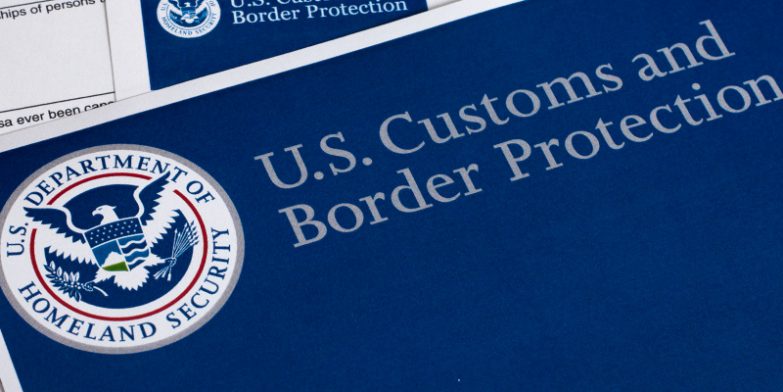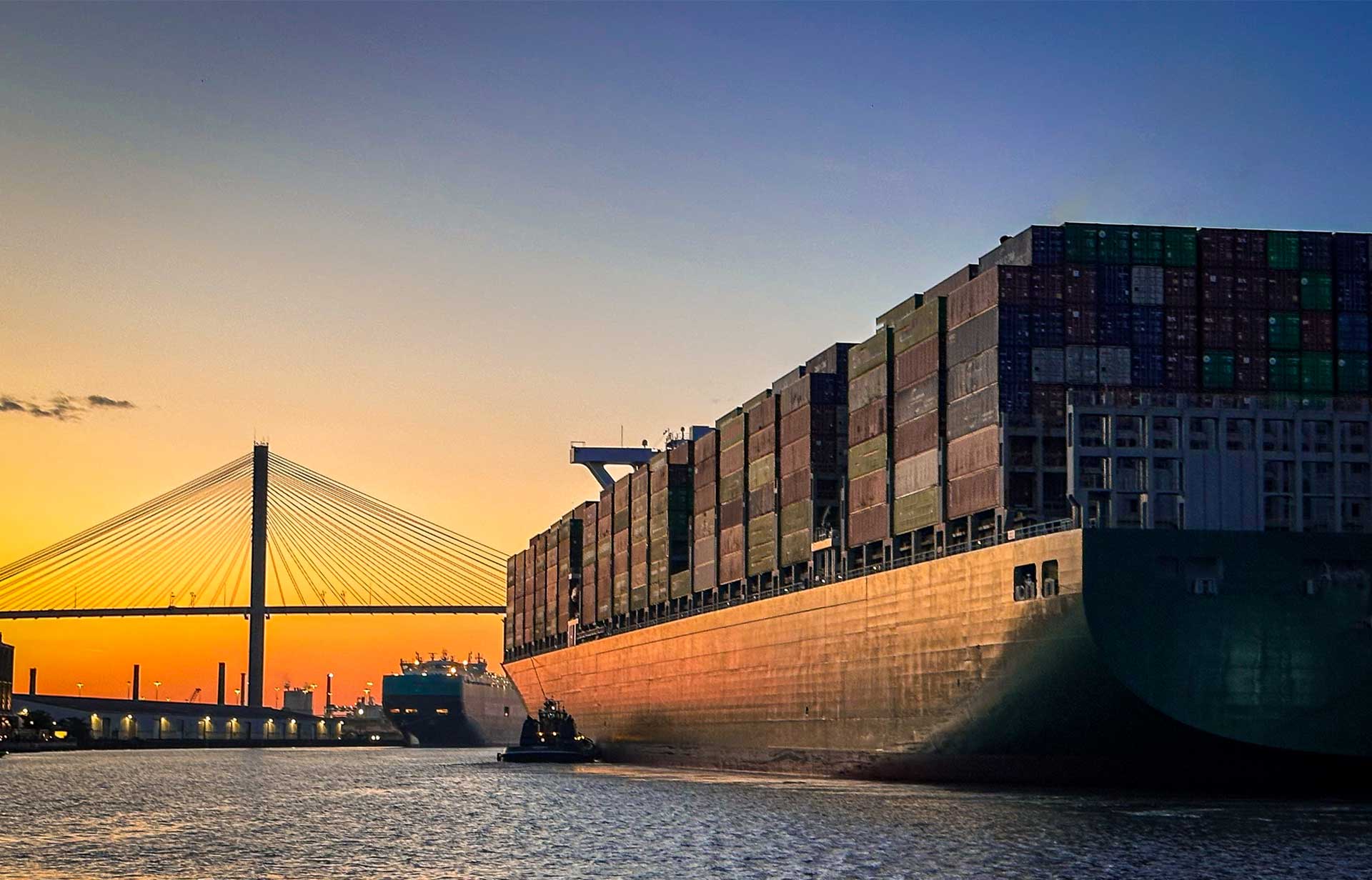
With President Trump’s new levies imposed on February 4th, Chinese imports into the US now face a 10% tariff increase, while China has responded with its own tariffs of up to 15% on select US goods.
Canada and Mexico secured a temporary delay on their new tariffs through last-minute negotiations, though trade uncertainty remains high, and if no agreement is reached by March, tariffs on critical goods including automotive components, electronics, and pharmaceuticals could be reinstated.
Goods that departed China before February 1st and arrive before March 7th will NOT be subject to the tariff increase, but if they departed after February 1st, or arrive after March 7th they will be subject to the new tariffs.
Meanwhile, China’s countermeasures include export controls on critical industrial materials, potentially affecting key sectors like solar energy production.
Complications for eCommerce imports
In addition to tariffs, regulatory changes will raise new barriers for cross-border eCommerce. The US Customs and Border Protection (CBP) will suspend the de minimis exemption for Chinese goods, as soon as adequate systems are in place to fully and expediently process and collect tariff revenue, meaning low-value shipments—previously tax-free if valued under $800—will be subject to tariffs.
The new CBP filing requirements for low-value shipments will add administrative complexity, increasing compliance costs for online retailers. With over 1.4 billion packages expected to enter the US this year, businesses may face delays in processing times and disruptions to last-mile delivery services.
Impact on consumer demand and supply chains
Despite the new trade barriers, analysts believe consumer demand for eCommerce goods will remain stable, as average purchase values are relatively low. However, increased compliance costs and longer shipping times could push some retailers to explore alternative sourcing or fulfilment strategies.
For manufacturers and suppliers, these tariff changes highlight the need for flexible supply chain management. Companies dependent on Chinese imports may be assessing options, while those exporting to the US should follow developments closely to ensure compliance with evolving customs regulations.
Global Forwarding provide expert – and always current – guidance to help companies mitigate the impact of tariffs and regulatory changes to maintain supply chain effectiveness.
Whether you need to revise your sourcing strategies to ensure customs compliance, or explore alternative trade routes, our experts will support your global trade strategy in 2025 and beyond.
Plan ahead and protect your supply chain. EMAIL Andy Costara today to learn how Global Forwarding can help your business stay competitive in an evolving trade environment.





